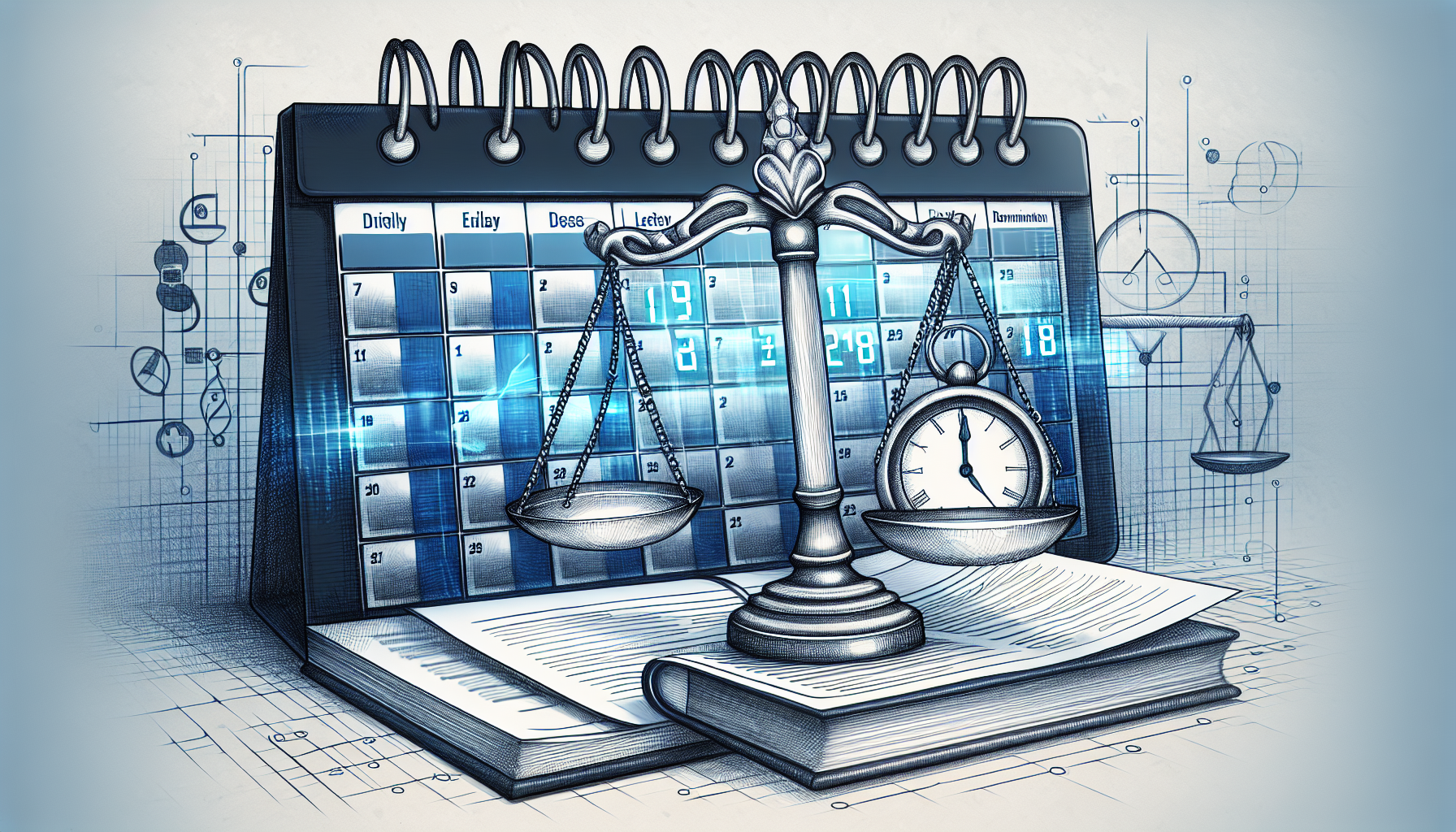
Unlocking New Frontiers with Legal AI
The integration of artificial intelligence in legal practices marks a paradigm shift, fundamentally altering how lawyers approach their work. Legal professionals, particularly paralegals, now have the tools to streamline and enhance various aspects of their daily tasks. One such tool revolutionizing the field is ChatGPT.
ChatGPT leverages vast computational power to offer immediate support in legal research, document drafting, and client communication. As the landscape of legal practice evolves, embracing this technology becomes not just an advantage but a necessity for staying competitive.
Laying the Groundwork: Setting Up ChatGPT
To harness the full potential of ChatGPT, it’s essential to start with a solid setup. The initial setup includes configuring the AI to align with your specific needs and preferences. Start by creating an account on the ChatGPT platform. Customize the settings to cater to your legal focus areas, ensuring the parameters support the sorts of queries and tasks you handle regularly. This preparation stage is pivotal for seamless integration.
- Create and configure your account: Get started by setting up the necessary credentials and linking your usage to relevant legal databases.
- Customize settings: Tailor default prompts and adjust the language model to understand specific legal terminologies and requirements.
Once configured, thoughtfully integrate ChatGPT with your daily workflow. Consider using it as a digital assistant that supports—not replaces—your tasks, offering suggestions, drafting documents, and organizing case files efficiently. Here’s how to master these fundamental tasks:
Also read:
Mastering the Basics: Everyday Tasks Simplified
Incorporating ChatGPT into everyday activities can significantly reduce time spent on routine tasks. Utilizing this AI for drafting legal documents and correspondence, such as memos, briefs, and letters, can expedite workflows. ChatGPT can assist in creating first drafts which can then be reviewed and refined by a human.
- Drafting documents: Use ChatGPT to generate initial drafts of motions, briefs, or client letters. For example, “Draft a client letter regarding an upcoming hearing date for a misdemeanor case.”
- Organizing case files: Ask ChatGPT to help summarize key points from lengthy documents or to organize case files by relevance. A typical prompt may be, “Summarize the key arguments from this 50-page brief on DUI laws.”
This not only enhances efficiency but also ensures that tasks are completed with precision and attention to detail. With the groundwork laid, you can now dive deeper into specialized legal research tasks.
Also read:
Deep Dive: Specialized Legal Research
A substantial part of paralegal work involves rigorous legal research. ChatGPT can immensely streamline this process by offering tailored prompt techniques to elicit detailed legal precedents. Custom prompts enable focused and efficient extraction of relevant case laws and statutes.
- Tailored prompts: Frame specific questions to uncover necessary precedents. For instance, “Provide a summary of landmark cases relevant to disorderly conduct charges in New York State.”
- Extracting statutes: Efficiently request statute details and interpretations, e.g., “What are the key elements of Section 240.20 of the New York Penal Law?”
Effective implementation of these prompts ensures that no stone is left unturned in legal research, paving the way for more robust argument development and case strategy.
Also read:
Streamlining Client Interactions
Effective and timely communication forms the backbone of client relations. ChatGPT can play a critical role in maintaining high-quality client interactions by crafting updates, emails, and reports. In this manner, paralegals can ensure clients are well-informed and reassured throughout the duration of their case.
- Client communications: Draft prompt, accurate client communications. For example, “Compose an email update for a client about the scheduled court date for their shoplifting case.”
- Managing data and notes: Efficiently track and manage client information by prompting, “Organize the case notes for the client with the ID #A123456.”
This streamlined process ensures not only consistency but also maintains high standards of professionalism. With client interactions managed adeptly, you can now refine your legal arguments to present in court.
Also read:
Advanced Techniques: Enhancing Legal Arguments
ChatGPT offers substantial benefits in constructing and refining persuasive legal arguments. Utilize the AI to develop compelling arguments by querying for analogies, potential counter-arguments, and enhancements to existing drafts.
- Developing arguments: Generate strong, well-supported arguments. A prompt like “Outline key arguments against the admissibility of a coerced confession” would be quite effective.
- Refining drafts: Seek improvements for drafts. For example, “Suggest revisions to strengthen this motion to dismiss in a petty theft case.”
These advanced functionalities ensure that paralegals can prepare meticulously polished documents, setting the stage for effective legal representation. Now, let’s delve into creative applications that extend beyond routine tasks.
Also read:
Practice-Driven Prompts: Creative Applications
Beyond traditional uses, ChatGPT can fulfill niche tasks in inventive ways. For example, it can simulate courtroom scenarios to aid in trial preparations, or generate potential witness questions. Here are some scenario-based prompt examples:
- “Generate a potential cross-examination strategy for a defense witness in a vandalism case.”
- “Simulate a mock trial scenario for an underage drinking case.”
Such innovative uses significantly enrich a paralegal’s toolkit, complementing their skills with versatile AI capabilities.
Also read:
Navigating Ethical and Practical Pitfalls
Despite its advantages, the integration of AI like ChatGPT in legal practices requires careful navigation of ethical and practical pitfalls. Key concerns include maintaining confidentiality and avoiding over-reliance on the AI.
- Confidentiality and security: Ensure that all client data processed via ChatGPT is handled securely, complying with professional ethical standards.
- Balancing automation: Use ChatGPT to augment—not replace—human judgment and expertise.
Being vigilant about these concerns empowers you to leverage AI while safeguarding against potential drawbacks. As we look ahead, the role of paralegals continues to evolve.
Also read:
Future Horizons: Evolving Role of Paralegals with AI
The advancing role of AI in the legal sector inevitably shifts the responsibilities of paralegals. Adapting to these changes involves continuous learning and staying abreast of tech advancements. Paralegals who embrace AI technologies will find themselves better equipped to tackle complex tasks with unprecedented efficiency.
Preparing for the future involves not only mastering current tools but also being adaptable to upcoming innovations in the legal tech landscape.
Also read:
Closing Thoughts: Embracing Efficiency for Better Outcomes
Embracing AI like ChatGPT can transform the efficiency and effectiveness with which paralegals carry out their duties. From drafting documents and conducting research to managing client interactions and crafting persuasive legal arguments, the potential is vast and promising.
As the legal field continues to evolve, staying informed and open to integrating such technological advancements will undoubtedly lead to better outcomes for legal practitioners and clients alike.


